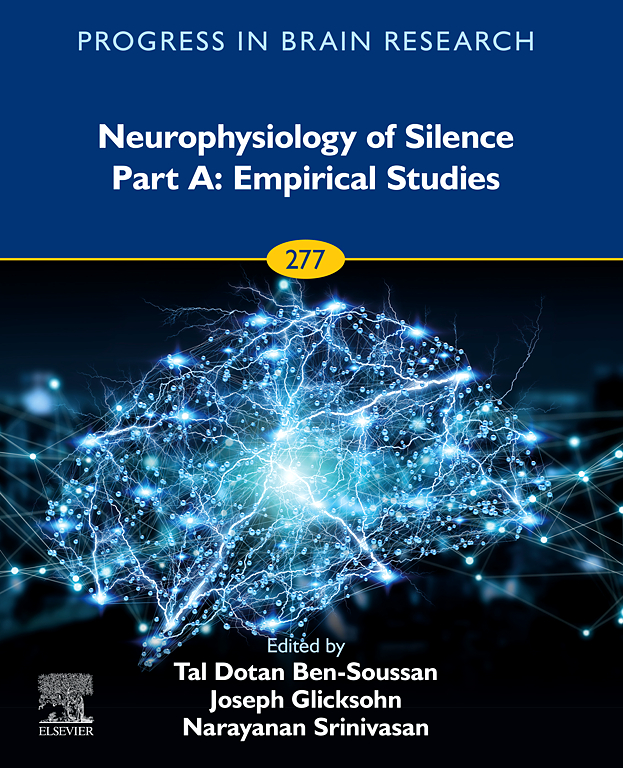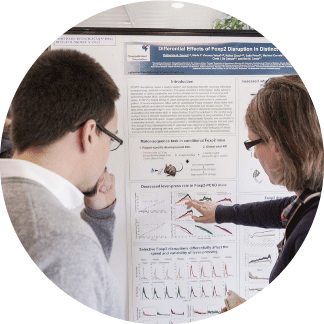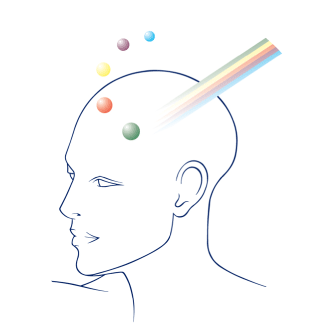News
Top Stories

Dream and daydream: differences and similarities
Did you know that daydreams reflect events from the previous two days and “night” dreams resemble a fictional plot?

Does your dog have social skills?
A study suggests that viewing the owner’s face works as a positive social reinforcement for dogs. Learn more about this and other surprising results about “man’s best friend”.
News

What causes interference in short-term memory?
What causes interference in short-term memory? Looking to answer this question, John E. Marsh, principal investigator of the research of project 201/20 - The Control of Attentional Diversion: A Psychophysiological Approach, supported by the BIAL Foundation, carried out three experiments that explored the effects of changing-state vibrotactile sequences on short-term memory. The results revealed that short-term memory for a visual sequence is more disrupted by a changing-state vibrotactile sequence (alternating from one hand to the other) compared to a steady-state tactile sequence (presented to both hands simultaneously).

Neural activity in tactile width discrimination
Miguel Pais-Vieira, principal investigator of the research project 95/16 - Reward modulation of tactile stimulus processing, supported by the BIAL Foundation, published in Frontiers in Human Neuroscience the paper Neurophysiological correlates of tactile width discrimination in humans. The research team aimed to describe general changes occurring in neural activity during the periods of tactile width discrimination and motor response and identify changes in neural activity that were relevant for the performance in the task within- and between-subjects. Tactile width discrimination was associated with changes in neural activity and connectivity in networks involving electrodes from fronto-temporo-parieto-occipital networks, mostly in theta, alpha, and beta frequency bands. Asymmetrical networks of electrodes were associated with tactile width discrimination performance within- and between-subjects.

Brain differences between trance and mind-wandering states
In the scope of project 72/16 - A physiological examination of full-trance channeling, supported by the BIAL Foundation, Helané Wahbeh evaluated differences in the brain between trance and mind-wandering states, in thirteen participants who could enter trance states at will. Findings revealed increased delta and theta power in the frontal region and increased gamma in the centro-parietal region during mind-wandering, whereas trance showed increased beta and gamma power in the frontal region. No differences were observed in the alpha band. Connectivity was not different between the trance and mind-wandering states. However, there was a relationship between subjective ratings of trance depth and connectivity, with increased trance depth reflecting decreased whole-brain connectivity in all frequency bands. To know more about this study, read the book chapter Evaluating brain spectral and connectivity differences between silent mind-wandering and trance states published in Progress in Brain Research.





